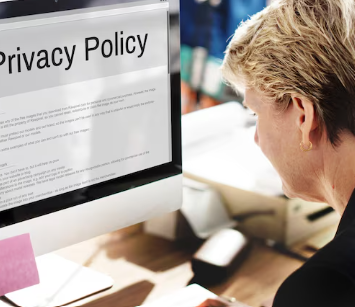What is a No Shop clause, what is it good for and how can a party that is subject to it protect itself in advance from the unlimited restrictions it might encompass?
I have written before an article that encouraged parties to engage in a memorandum of understanding (see here) but there is one major reason to do that that is worth a discussion of its own – a No Shop clause, which, together with a confidentiality clause, tend to include the only legally binding obligations of the parties to an MoU.
So what is a No Shop clause good for? Negotiations towards a business transaction have their own dynamics and tend to take time. During this time, both parties make efforts to examine the deal. Whether it’s an equity transaction, services or other kind of collaboration, the parties shall conduct a due diligence examination of some sort of extent (a prior engagement in a non-disclosure agreement is always recommended). The examining party will put efforts and resources into conducting the examination, including by hiring counsels to conduct the examination (legal, accounting, technological etc.) The other party is required to make an effort as well, though often easier and less costly, to gather the relevant required materials and process them.
During this time, the examining party must ensure that the other party is not shopping around for a better deal. One way to ensure that is to use a contractual No-Shop clause in which the examined party shall obligate not to engage or even negotiate an agreement for the same or a similar deal with a third party.
On the other hand, the party that is limited by the No-Shop clause can limit the said obligation in several ways, in order to minimize its limitations under this potentially very restrictive arrangement:
1. The obligation not to shop around can be limited in time. It doesn’t have to apply for the entire negotiation period and can terminate in a date to be set by the parties.
2. Certain third parties can be excluded from this limitation. The exclusions can be broad (third parties from a specific field, territory etc.) or narrow – a specific identified third party.
3. The no-shop obligation can be conditioned upon certain terms and expire if such terms are not fulfilled – for example, financing approval, trial results etc.
A No-Shop clause can provide the examining party the peace to thoroughly investigate the deal, conduct its research and better negotiate the terms of the business transaction, based on the information and insights gathered and derived from it. A narrower No-Shop obligation, as demonstrated above, can allow the other party to continue negotiating better terms or a similar deal with a third party and to make sure that a broad restriction does not unjustifiably continue for a long period of time, leaving it for the meantime out of the game. This is especially so when a deal is discussed between competitors who might abuse such a restriction to gain an advantage over the competitor. In such unique circumstances a limited short term No-Shop clause is vital.
For futher information, please contact Keren Shmueli



